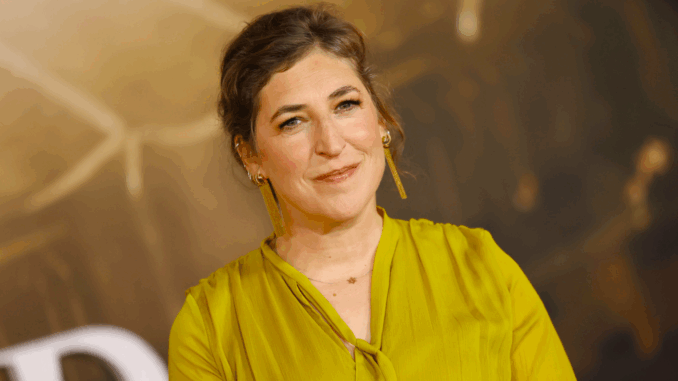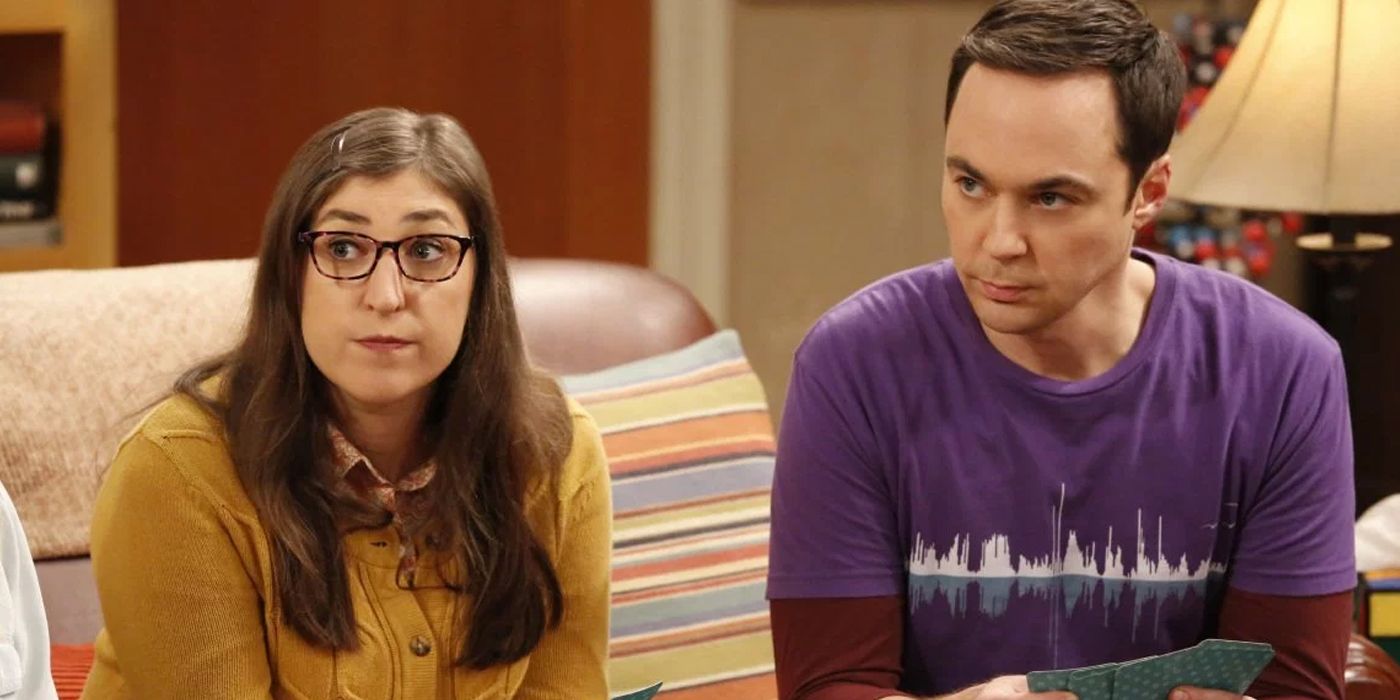
From Blossom to Big Bang
When Mayim Bialik joined The Big Bang Theory as Amy Farrah Fowler in season 3’s finale, few could have predicted how pivotal her presence would become. But long before she ever shared the screen with Jim Parsons’ Sheldon Cooper, she was subtly name-dropped in an early episode — a hint at the seismic shift her character would bring.
In “The Bat Jar Conjecture,” Raj jokes that the “girl who played TV’s Blossom” is smart and has a PhD in neuroscience. It was a throwaway line at the time, but it turned out to be prophetic. Not only would Bialik — who really does have a PhD in neuroscience — go on to play Amy, but she’d also become a central figure in the show’s final act.
Science meets comedy
Amy Farrah Fowler began as a female mirror of Sheldon: socially awkward, intellectually intense, and deeply logical. But over time, she evolved into one of the show’s emotional cores. Her relationship with Sheldon brought out new dimensions in both characters. While Sheldon remained, well, Sheldon, Amy slowly opened him up to the possibility of intimacy and vulnerability.
What made Bialik’s casting so unique wasn’t just her performance, but the authenticity she brought to the science. Unlike most sitcom characters, Amy wasn’t just “nerdy” in a vague sense — she was a woman in STEM with real academic clout. Her presence normalized the idea of female scientists on mainstream television without making it a gimmick.
The accidental feminist icon

Bialik’s Amy also represented a quiet kind of feminist revolution on screen. She wasn’t conventionally attractive by Hollywood standards, and she didn’t need to be. Amy valued intelligence, loyalty, and emotional connection. When she finally did embrace her femininity — in her own quirky way — it felt earned and authentic.
In a sea of stereotypical portrayals of women in sitcoms, Amy stood out for her complexity. She didn’t need to be “cool” to be loved. And that, perhaps, is why so many viewers connected with her.
Mayim’s unlikely journey to the show
Surprisingly, Bialik hadn’t even seen The Big Bang Theory before auditioning. “I thought it was a game show,” she admitted once. But she nailed her audition by studying Jim Parsons’ performance online and channeling that energy into Amy. The producers were so impressed by her real-life neuroscience credentials that they wrote the character’s profession to match.
What began as a one-off appearance became a multi-season arc, culminating in Amy and Sheldon winning the Nobel Prize — the emotional peak of the series’ finale.
Legacy
Amy Farrah Fowler wasn’t just another supporting character. She helped shift the show’s tone from a geeky guy hangout to a more balanced, emotionally layered story. Without Bialik’s brainy, brilliant Amy, The Big Bang Theory wouldn’t have had the same resonance or depth.
And maybe, just maybe, the show knew it from the start.